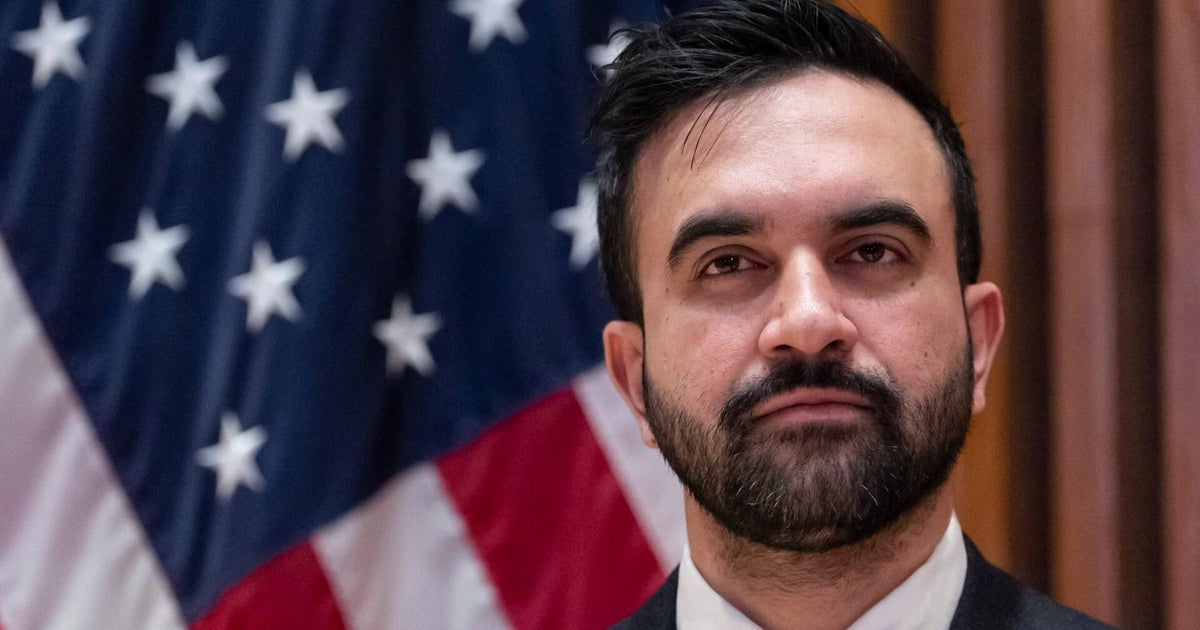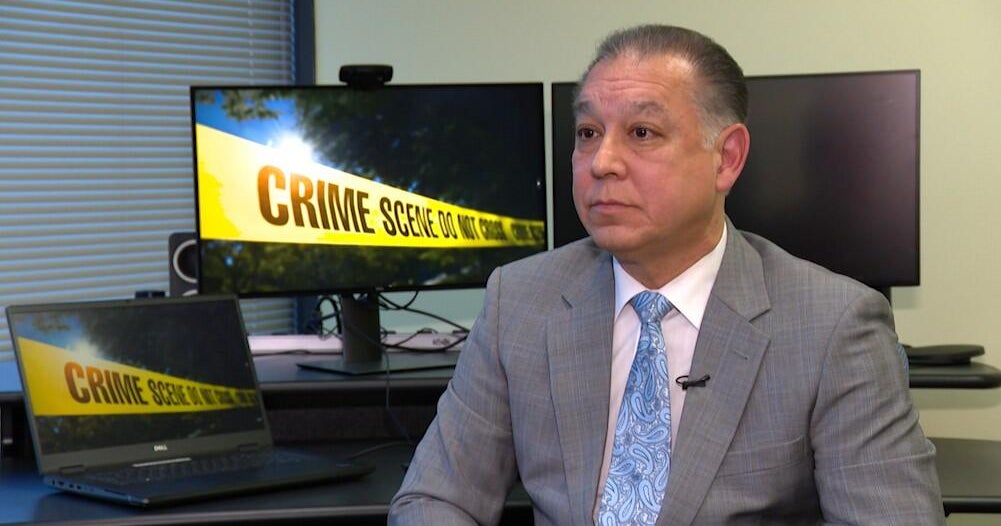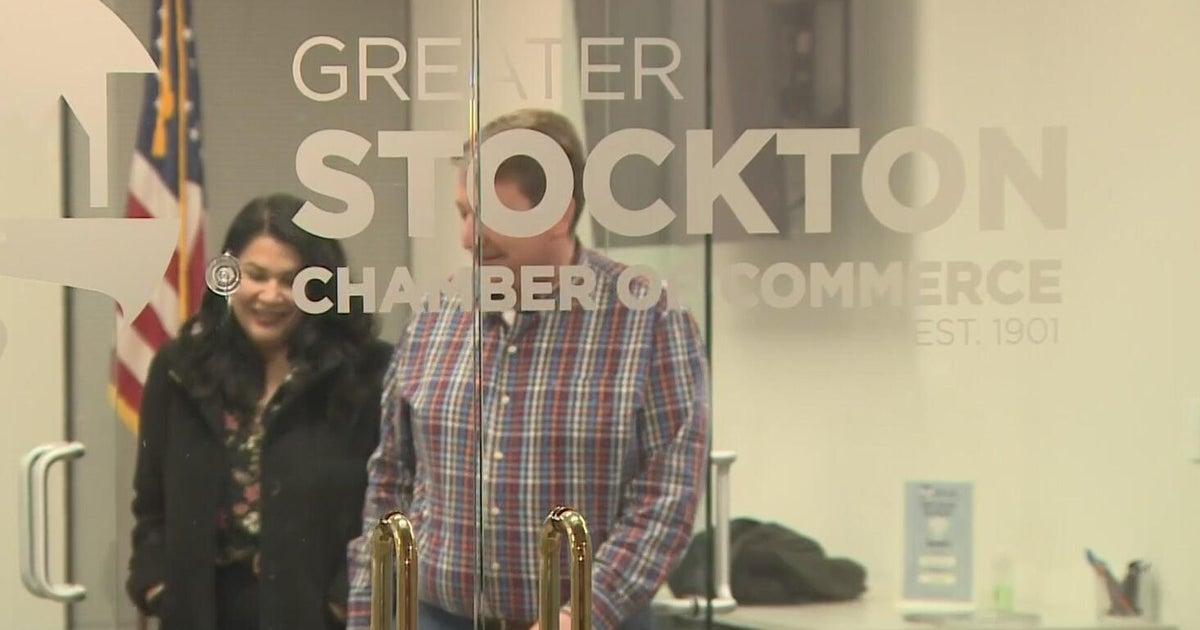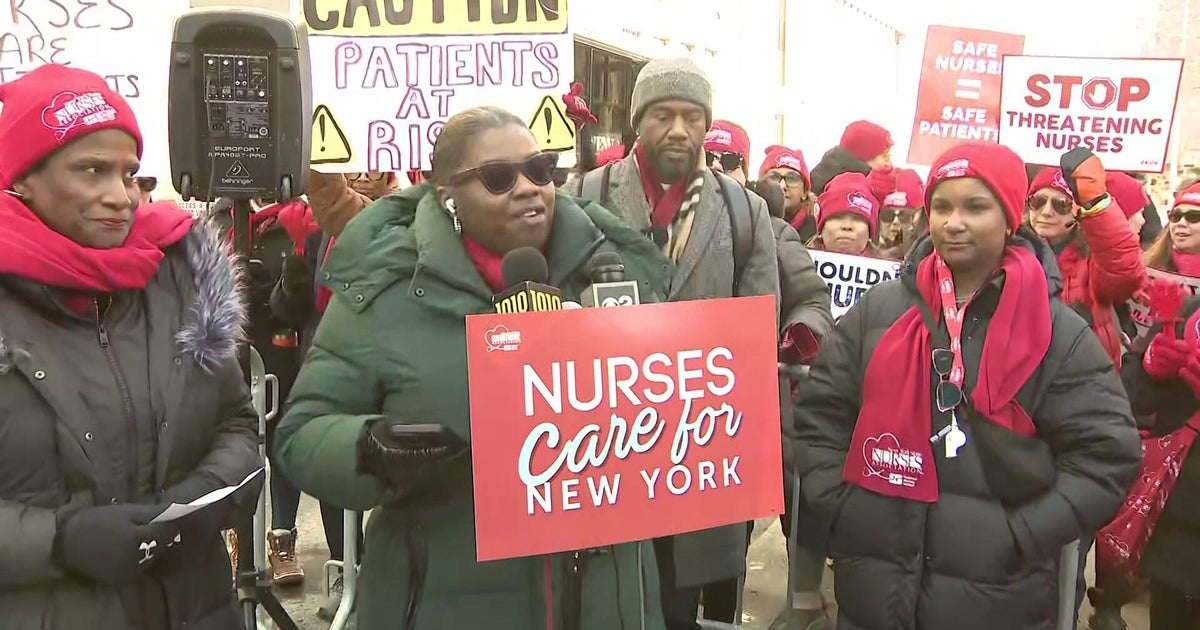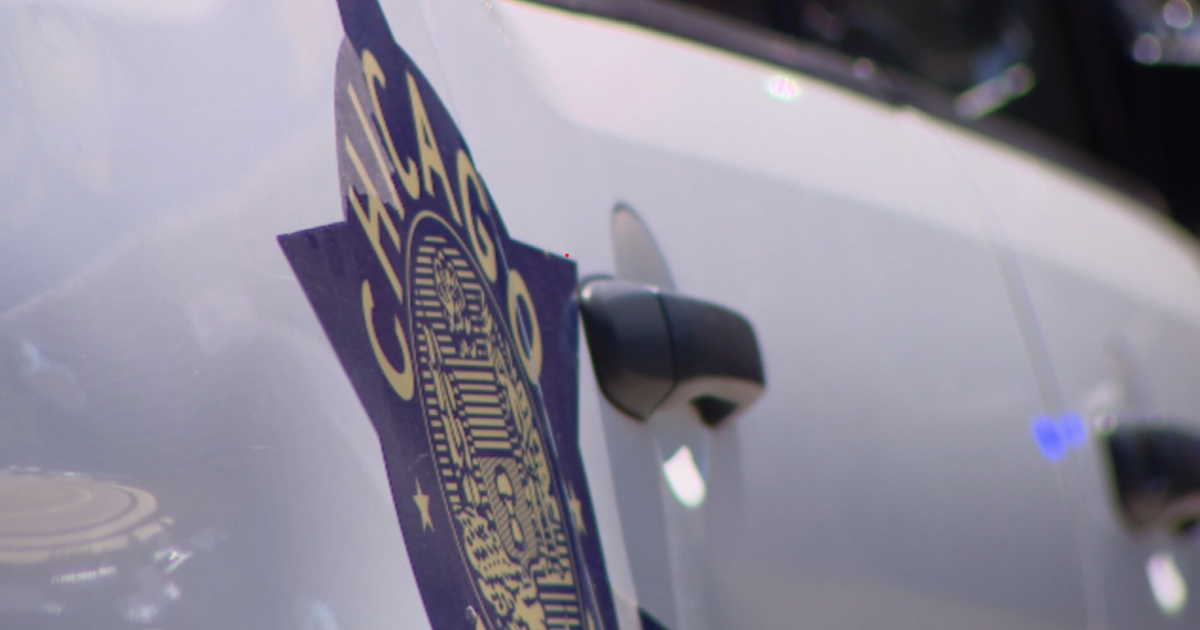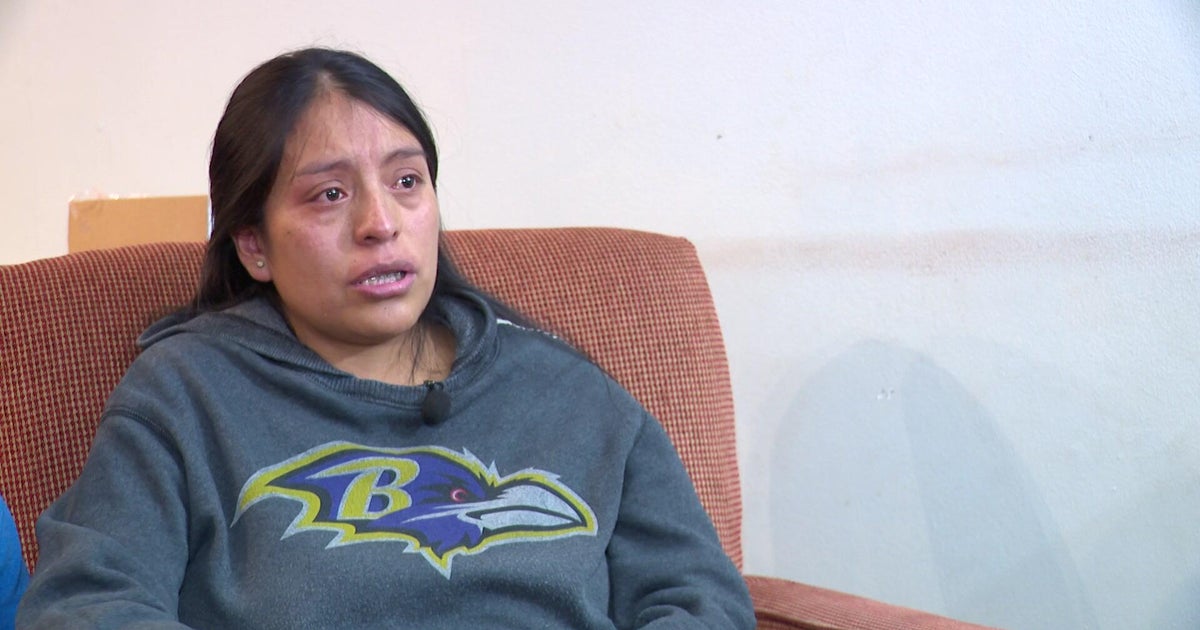Could Artificial Intelligence Help Detect Rare Diseases Just By Looking At Faces?
NEW YORK (CBSNewYork) - Could artificial intelligence help doctors diagnose diseases just by looking at faces?
It's a completely different use of facial recognition technology.
When you hear facial recognition you probably think about crime fighting or Homeland Security screening for terrorists.
It turns out a person's face can tell a lot about their genetic makeup and the medical conditions it may cause, and a computer can learn to read those differences, CBS2's Dr. Max Gomez reported.
"We've learned, surprisingly, that many thousands of genetic rare diseases have a unique facial appearances," Dekel Gelbman told Gomez. Gelbman is the CEO of artificial intelligence company FDNA.
The key word in what he said is "rare," Gomez reported. Even an experienced doctor may not see many cases of some of those genetic disorders.
A much more sophisticated version of security facial recognition can look at many thousands of faces and the computer can use machine learning to recognize the subtle differences in genetic disorder faces.
FDNA calls their system "DeepGestalt."
"It's a form of artificial intelligence that goes through a large number of images and it learns how to classify specific genetic disorders," Gelbman said.
That's what FDNY has now proven with a groundbreaking study in the journal Nature Medicine. DeepGestalt examined 17,000 facial images of patients diagnosed with over 200 genetic syndromes and correctly came up with a list of possible diagnoses 91 percent of the time.
It's not meant to replace a doctor's diagnosis.
"It presents a list of candidate diseases. Then it is up to the doctor to investigate the list. It's an add-on to genetic testing," Gelbman said.
That's important because genetic testing is still time consuming and expensive. DeepGestalt can narrow the possibilities significantly, especially for doctors who may not see many of those rare conditions.
The facial recognition is just the beginning. FDNA says they're working on feeding the computer videos of patient movements, speech tone and patterns as well as clinical notes and medical scans. It will integrate that with genetic information to achieve even more accurate diagnoses.
